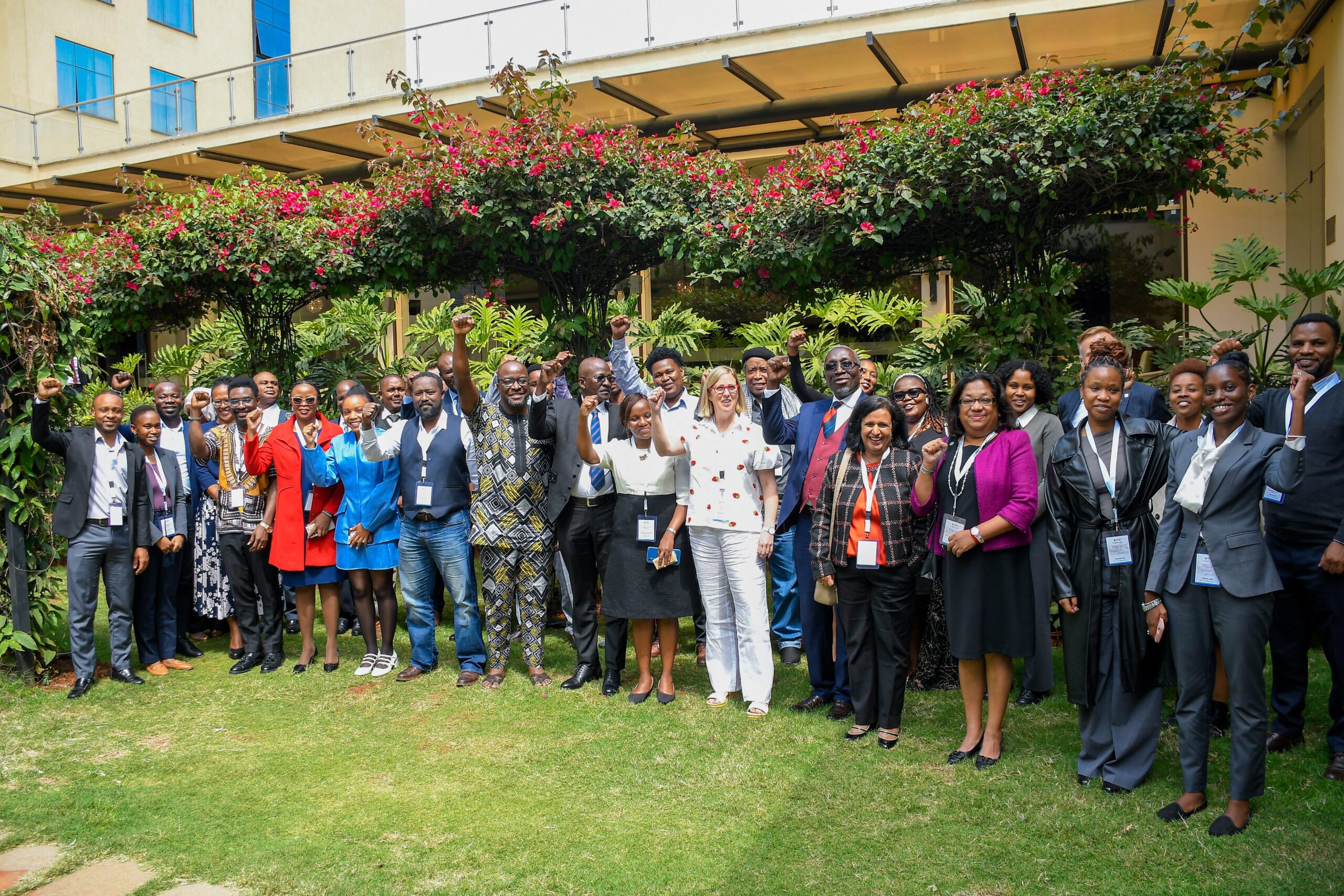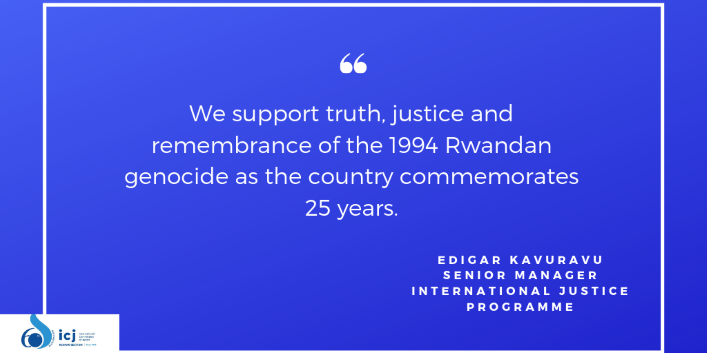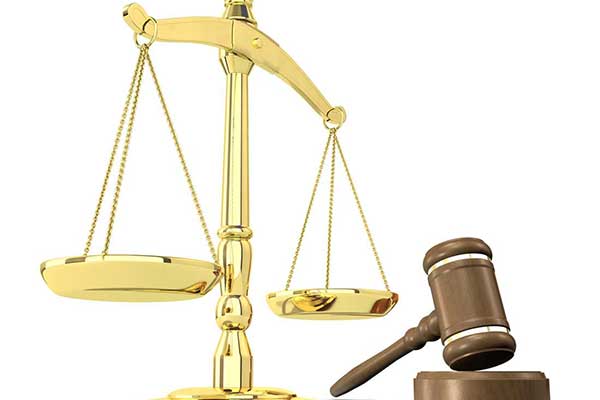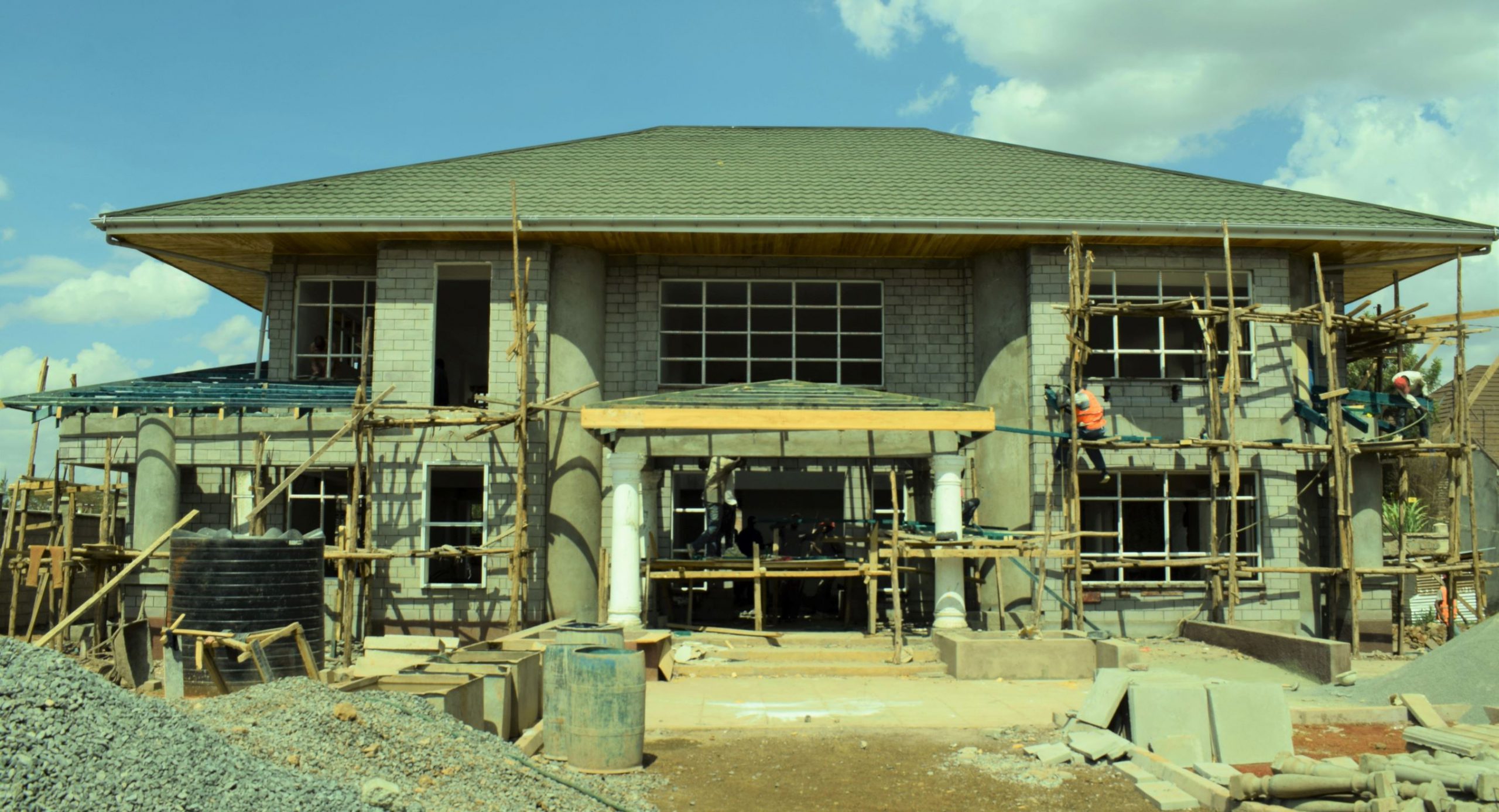By Sarah Nyakio
“A past that is not examined fully and honestly will remain a burden for the future. In remembering the Holocaust, we should think about what we can do as individuals to prevent genocide. That is the best way to honour the victims”
In just 100 days between April and July 1994, more than 800,000 people were killed, the vast majority of them Tutsi were targeted in a move to eliminate the ethnic group. As many as 10,000 people were killed daily. Seventy per cent of the minority Tutsi population was wiped out, and over 10 per cent of the total Rwandan population. This year, Rwanda commemorates 25 years since the terrible genocide happened.
On Sunday, April 7 2018, Rwanda began 100 days of mourning in commemoration of the victims of the genocide. The world also marked the commemoration online with #Kwibuka25 meaning “remember” in Kinyarwanda, Rwanda’s official language. The memorial gives survivors and their families’ space to confront the past, and to find comfort.
“We support truth, justice and remembrance of the 1994 Rwanda genocide as the country commemorate 25 years,” said Senior Programme Manager International Justice.
The acknowledgement of memories of violence is an important element of rebuilding the social fabric as illustrated by Rwanda.
In Kenya, more than 1100 people died during the 2007 post-election violence. According, to Kenya National Human Rights Commission, 37 people died during the post-election chaos witnessed between August 9 and 15 2017.
However, despite well-done reports and recommendations by different commissions, the reports have not been implemented. Nevertheless, Kenya can learn a few lessons from the Rwanda genocide that left the nation a different nation.
The first lesson is the importance of remembrance itself. Remembrance shapes the future and influences how we think and what we do. The exclusion of many of Kenya’s memories is likely to hinder reconciliation, justice, and democracy and undermine durable peace. In remembering, we should think about what we can do to prevent such heinous human rights violations from happening.
The second lesson is the danger of tribalism perpetuated by political leaders. It is important for citizens to resist hate fuelled politics where most leaders in Kenya appeal to people of their own tribes when they want support, leveraging tribes when they bargain for positions in government. Kenya and other African countries must counter-politics of ethnicity that promotes hate and violence.
Lastly, the importance of the citizens to stand for fellow citizens. It is only through the efforts of people coming together that human rights will continue to be protected.
Indeed, many other countries should take the lessons and progressively work on being one, bound by endearment, difficult a task as it might seem.











